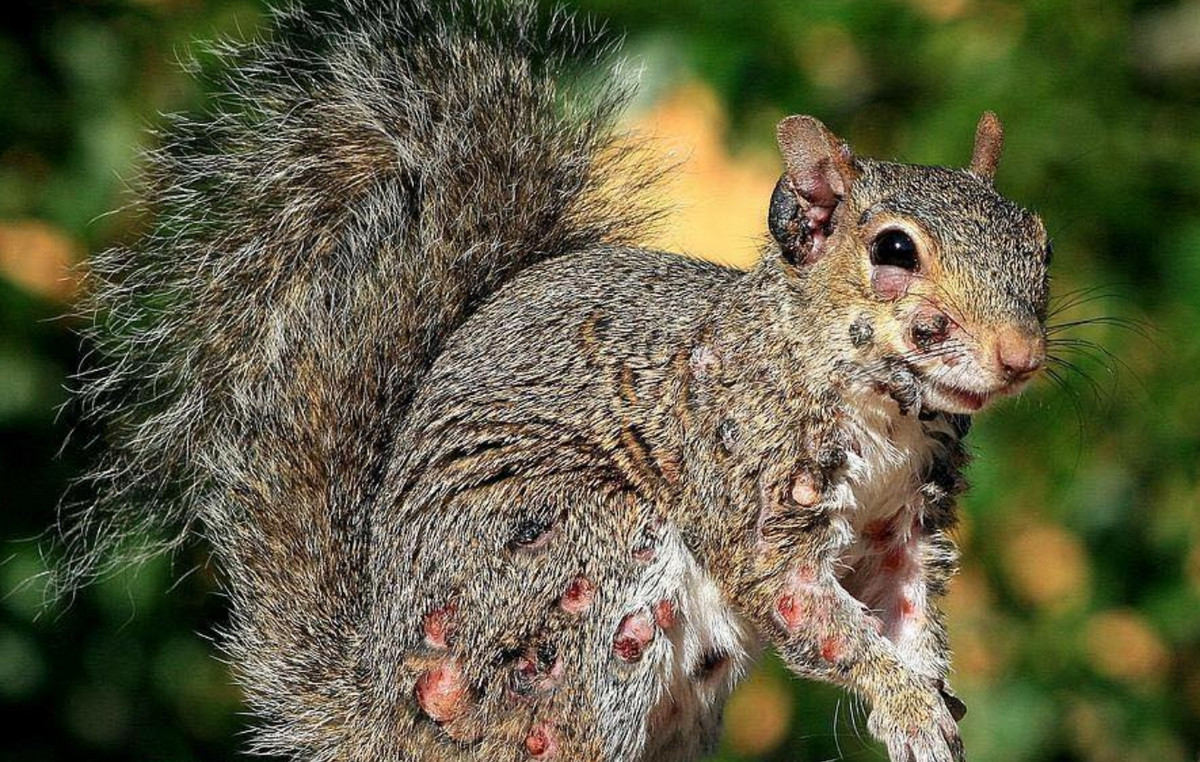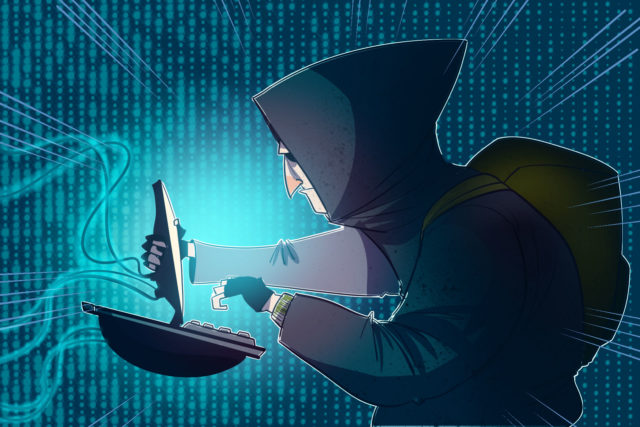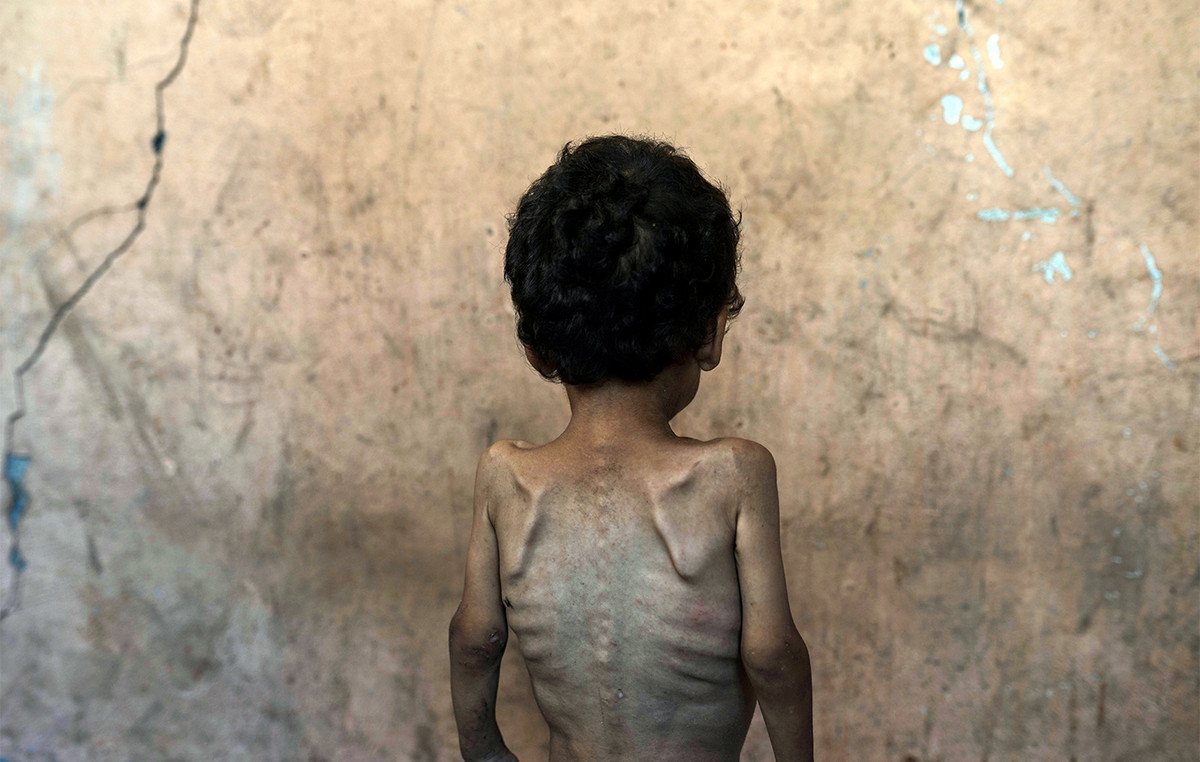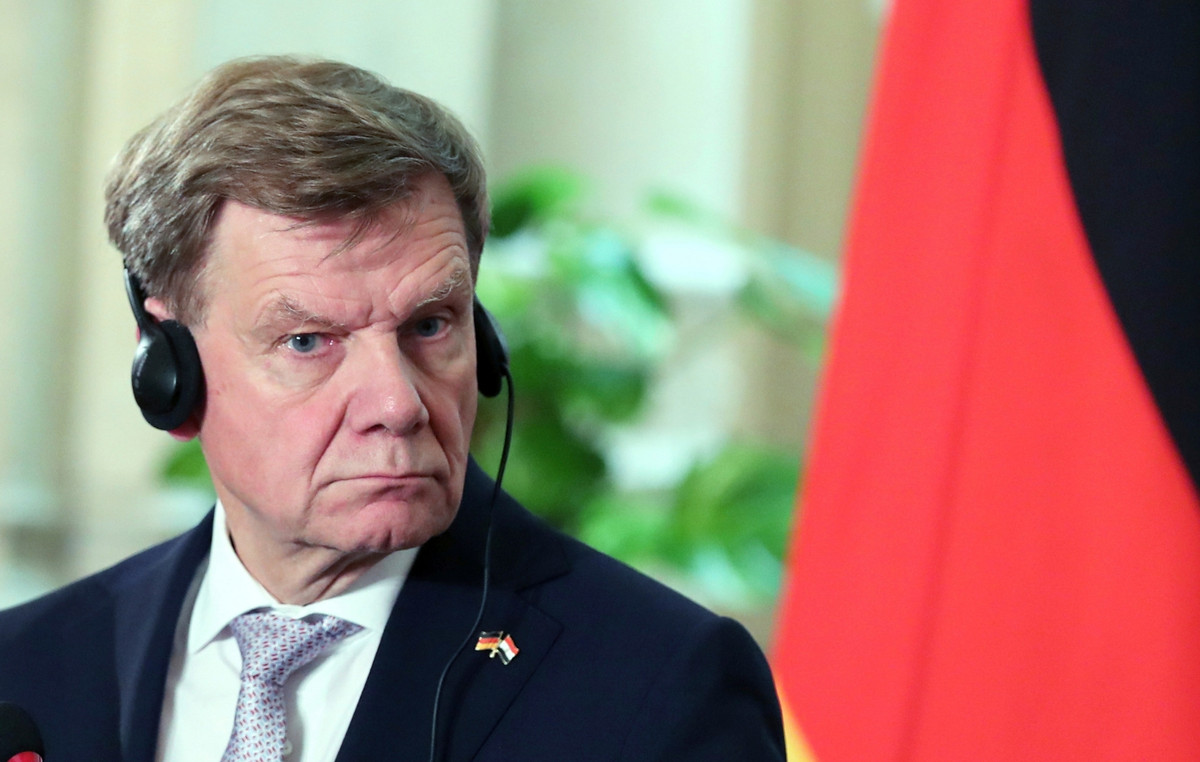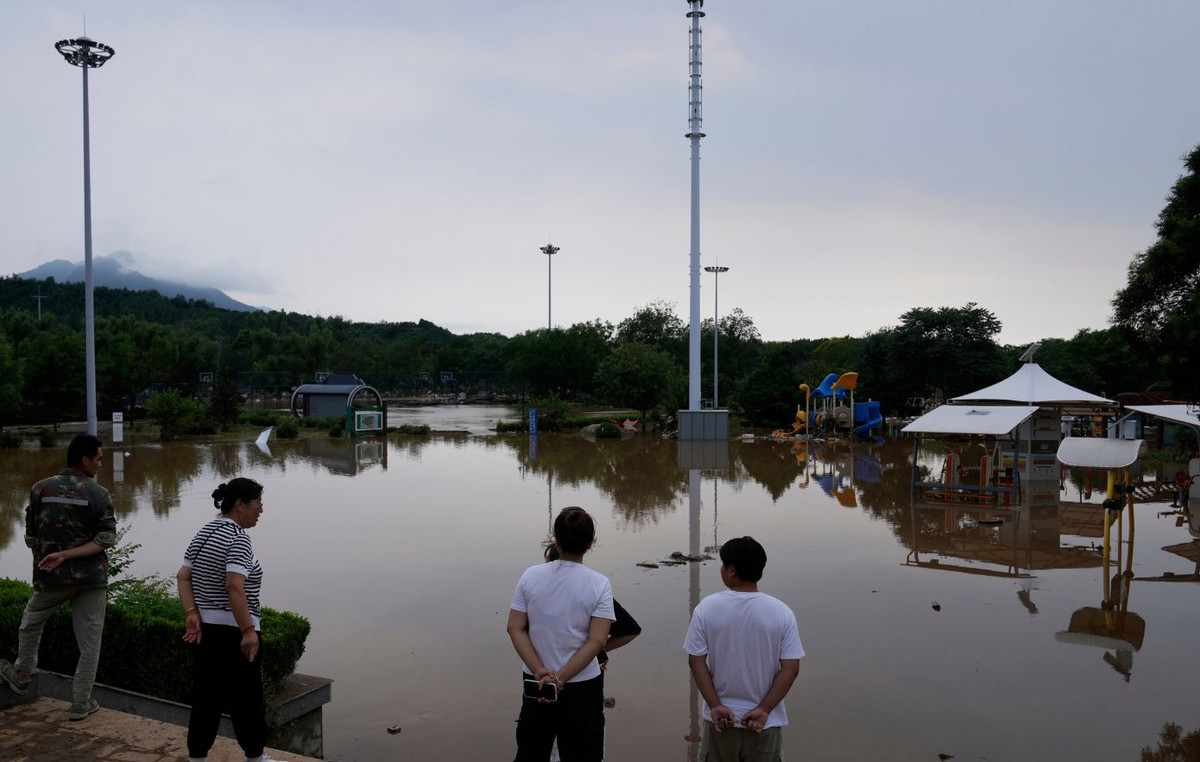India’s top court refused to legally recognize same-sex unions in a landmark ruling that also emphasized the rights of the LGBTQ community to be free from prejudice and discrimination.
Activists sought to gain the right to marry under Indian law, giving them access to the same privileges afforded to heterosexual couples. Although this was denied, they welcomed the court’s recognition of their relationships.
A five-judge constitutional bench led by India’s chief justice delivered the long-awaited verdict on Tuesday, broadcast live across the country and to crowds outside the court who gathered to watch the argument on their cellphones.
During the two-hour ruling, Chief Justice DY Chandrachud said that homosexuality is a “natural phenomenon” and also told the government to ensure that the “queer community is not discriminated against because of their gender identity or sexual orientation”.
See also: Pope Francis suggests, for the first time, that same-sex couples can gain the blessing
Justice S. Ravindra Bhat said that the right of LGBTQ couples to choose their partners was not challenged and that they had the right to celebrate their commitment to each other “in whatever way they wish in the social sphere”.
However, it added: “This does not extend the right to claim any legal right to any legal status for the same union or relationship.”
Bhat called for the formation of a “high-powered committee” to evaluate laws that indirectly discriminate against LGBTQ couples by denying them “compensatory benefits or welfare rights” that normally come with legal marriage.
“This court cannot, within the judicial framework, engage in this complex task; the State has to study the impact of these policies and rights”, he said.
India’s marriage laws prevent millions of LGBTQ couples from accessing the legal benefits associated with marriage in matters such as adoption, insurance and inheritance.
More than a dozen petitioners challenged the law, taking the case to the Supreme Court, which heard their arguments during hearings in April and May.
Susan Dias, one of the petitioners in the case, said she and her partner were “disappointed” with the verdict.
“We were hopeful that everything would be a little more positive,” she said. “We presented the petition with the hope of leaving with some rights. So definitely disappointment, but I don’t think we’ve taken any steps back.”
The Bharatiya Janata Party (BJP) government has opposed calls to legalize trade unions.
In a submission to the court earlier this year, government lawyer Solicitor Tushar Mehta called same-sex marriage an “urban” and “elitist” concept – one that is “far removed from the social ethos of the country”. .
“It’s not a loss”
Dozens of LGBTQ activists gathered in front of the Supreme Court in the Indian capital, New Delhi, as the verdict was read.
Some hailed the judgment as a progressive move, while others said it wasn’t good enough.
Pranav Grover, 20, said it was a “diplomatic” verdict. “This came into perspective to keep both parties happy,” he said, adding, “Let’s start focusing on the positive.”
Another spectator, Faraz, said he was a little disappointed.
“When we found out about the perks, it was definitely a good thing,” he said. “It’s not a loss.”

Amrita, who uses the pronouns “she” and “they” (a neutral pronoun in English), said that although it was “great to be recognized by the judges”, it was time to “move on”.
They added: “This level of indifference was not expected after so many months of waiting.”
Celebrity chef and LGBTQ activist Suvir Saran said that although the Supreme Court “did not give us the right to marry, it used the bench as a classroom to educate lawmakers and citizens about homosexuality and other things.”
A complicated story
India has a large LGBTQ community and celebrates gay pride in cities across the country, but attitudes toward same-sex relationships have been complicated.
Hindu mythology dating back centuries shows men transforming into women and sacred texts include characters of the third gender. But same-sex relationships were criminalized and marriage rights limited to heterosexual couples under a penal code introduced by India’s former British colonial rulers in the 1860s.
During nearly a decade in power, Indian leader Narendra Modi and his ruling party, the BJP, have made a point of shedding India’s colonial baggage, renaming streets and cities and championing an India responsible for its own destiny.
But Victorian laws governing same-sex marriage are a throwback to the colonial past that his party fought to maintain.
Activists in India have asserted that the law not only locks members of the LGBTQ community in the closet, but also invites other forms of discrimination and provides a cover for blackmail and harassment.
After a decade-long battle, in 2018 the Supreme Court struck down the colonial-era law that criminalized same-sex sexual relations — although it left intact legislation that limited marriage to heterosexual couples.
Since then, research has shown that acceptance of homosexuality has grown.
According to a Pew survey published in June, 53% of people believed homosexuality should be accepted – a 38% increase from 2014.
However, despite this broader support, conservatives in India have opposed same-sex unions.
Top leaders of the country’s various religious organizations came together earlier this year to say that marriage “is for procreation, not recreation.”
Source: CNN Brasil
Bruce Belcher is a seasoned author with over 5 years of experience in world news. He writes for online news websites and provides in-depth analysis on the world stock market. Bruce is known for his insightful perspectives and commitment to keeping the public informed.

